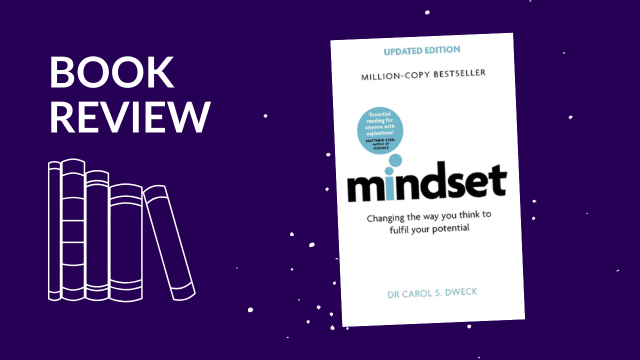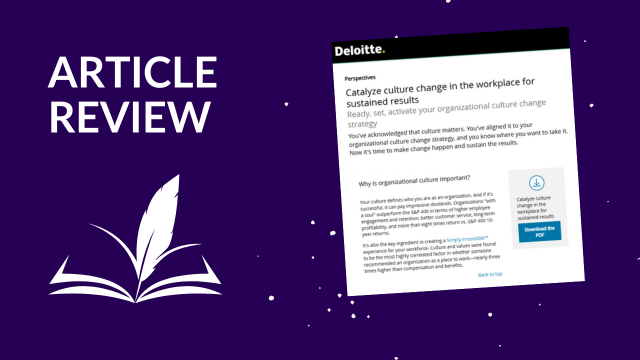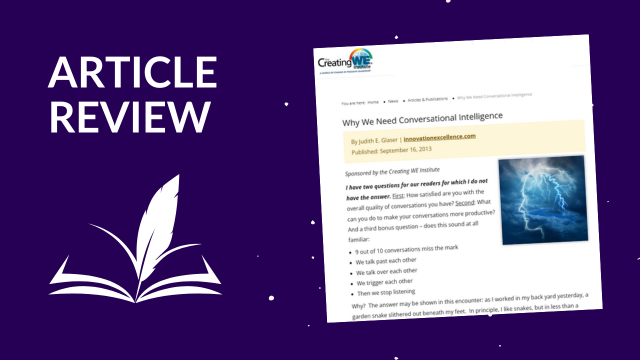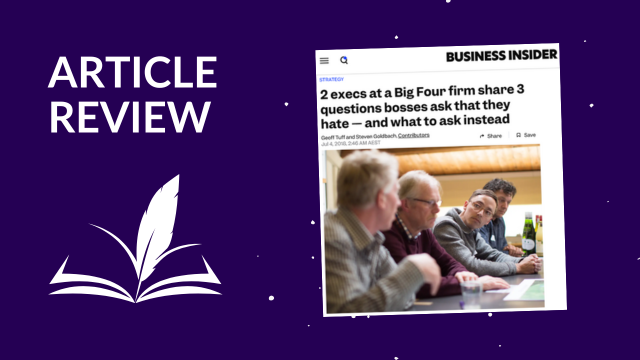As change practitioners, our real power is the power of influence. It is unlikely that we have direct authority over very many of those who have to change. Our knowledge, skills, experience, methodologies, processes, assessments, and other tools are only as valuable as our ability to successfully apply them…to influence everyone from C-suite executives to line workers to make the shifts in thinking and behavior required for our change initiatives to be successful.
Like many of the managers and leaders we work with, most change practitioners find ourselves frustrated by our inability to influence the Millennial workforce. “Structural motivation,” the application of hierarchical consequences (or the threat of the same) does not drive Millennial behavior the same way that it has in previous generations raised in an more authoritarian “command and control” culture.
It is time for the change profession to greatly broaden our thinking on how to exercise the influence that is needed if we are to increase the success rate of implementing critical initiatives. Fortunately, we have as a resource Influencer: The New Science of Leading Change by Joseph Grenny, Kerry Patterson, David Maxfield, Ron McMillan, and Al Switzler (the authors of Crucial Conversations). Their thoughtful observation and analysis of powerful influencers around the globe provides an elegant framework for thinking about—and exercising—influence; the “structural motivation” hierarchical reward and punishment that is at the heart of so many of our methodologies and practices is only one of the six forms of influence they lay out for us. Not only does Influencer open the door to powerful new ways of influencing Millennials; their insights are applicable across the full workforce.







